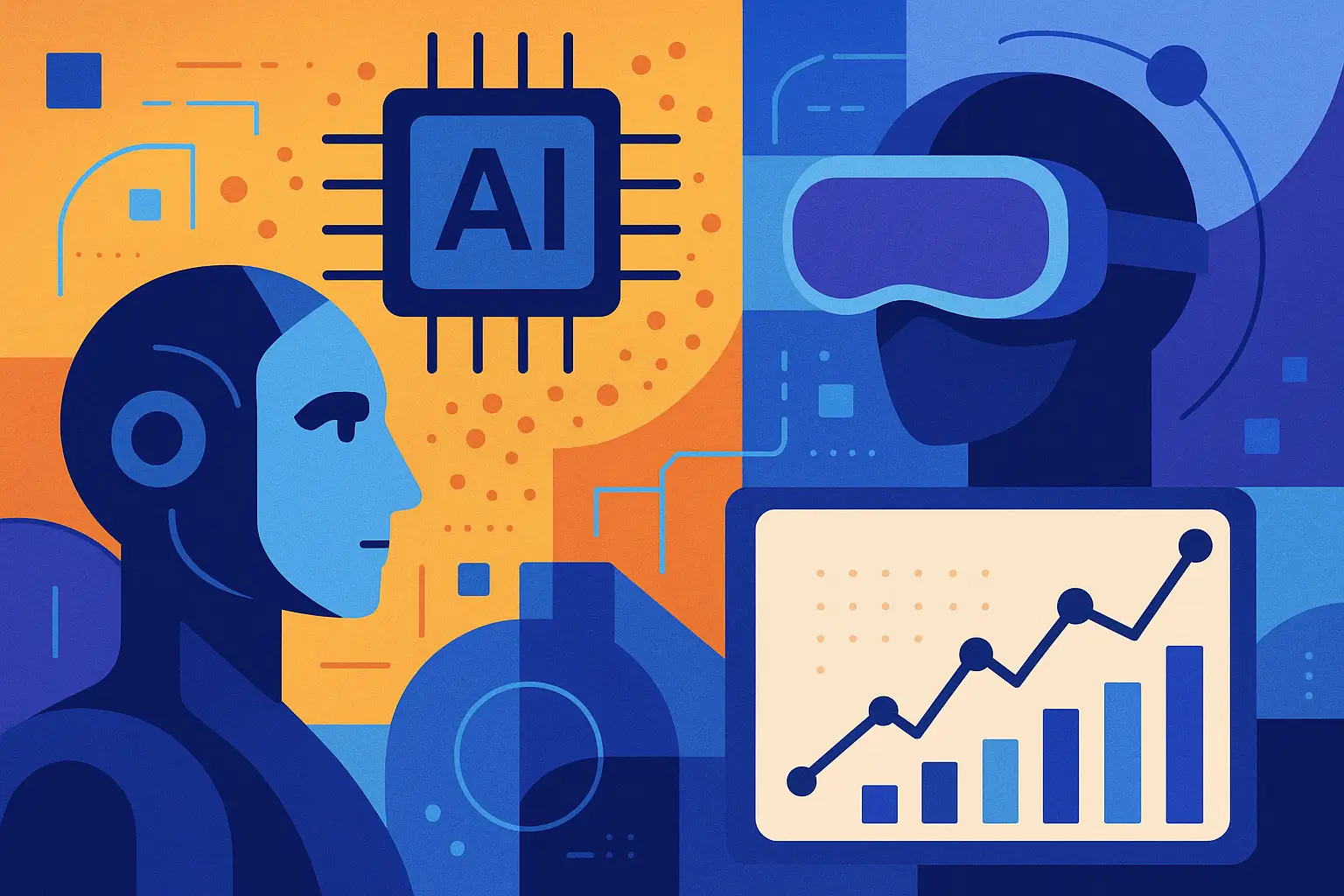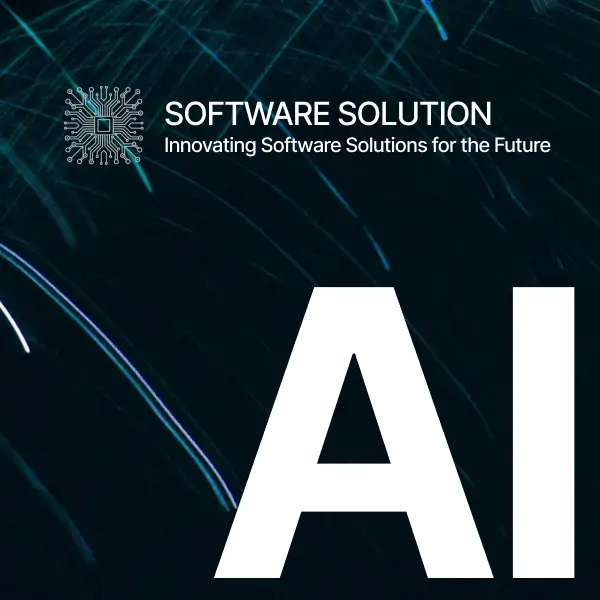The education sector is undergoing a transformative shift, driven by the integration of artificial intelligence (AI). AI technologies are enabling personalized learning experiences that cater to individual student needs while scaling these benefits to reach millions of learners worldwide. By leveraging data-driven insights, adaptive algorithms, and intelligent systems, AI is redefining how education is delivered, making it more inclusive, effective, and accessible. This article explores how AI is revolutionizing education through personalized learning at scale, its key applications, benefits, challenges, and future potential.
The Need for Personalized Learning
Traditional education systems often rely on a one-size-fits-all approach, where teachers deliver standardized lessons to diverse groups of students. However, learners vary in their abilities, learning styles, interests, and paces. Some students may excel in certain subjects while struggling in others, and others may require additional support due to language barriers or learning disabilities. Personalized learning addresses these challenges by tailoring educational content and experiences to meet individual needs.
Personalized learning is not a new concept, but implementing it at scale has been a persistent challenge. Teachers often lack the time and resources to customize lessons for each student in a classroom of 20–40 learners. This is where AI steps in, offering tools that can analyze vast amounts of data, adapt content in real time, and provide tailored support to students while reducing the burden on educators.
How AI Enables Personalized Learning
AI-powered tools are transforming education by delivering personalized learning experiences in several key ways:
1) Adaptive Learning Platforms
Adaptive learning systems use AI algorithms to assess a student’s knowledge level, learning style, and progress in real time. These platforms adjust the difficulty, format, and pace of content based on the learner’s performance. For example, if a student struggles with algebraic equations, the platform might provide additional practice problems, simplified explanations, or visual aids to reinforce understanding.
Popular platforms like DreamBox and Smart Sparrow use AI to create dynamic learning paths. These systems analyze student responses to questions, identify knowledge gaps, and recommend targeted exercises. By continuously adapting to the learner’s progress, these platforms ensure that students remain engaged and challenged without feeling overwhelmed.
2) Intelligent Tutoring Systems
Intelligent tutoring systems (ITS) act as virtual tutors, offering one-on-one support to students. Powered by AI, these systems simulate human tutoring by providing feedback, answering questions, and guiding students through complex topics. For instance, Carnegie Learning’s MATHia software uses AI to deliver step-by-step guidance in mathematics, helping students solve problems while explaining underlying concepts.
ITS can also incorporate natural language processing (NLP) to engage in conversational interactions. For example, AI chatbots like Duolingo’s language-learning bots can hold conversations with students, correct their grammar, and provide instant feedback, mimicking the experience of a human tutor.


Benefits of AI-Driven Personalized Learning
The integration of AI in education offers numerous benefits:
- Improved Engagement: Personalized content keeps students motivated by aligning with their interests and skill levels.
- Enhanced Learning Outcomes: Adaptive systems ensure that students master concepts before moving on, leading to deeper understanding and better retention.
- Scalability: AI enables personalized learning to be delivered to millions of students simultaneously, breaking the limitations of traditional classroom settings.
- Teacher Empowerment: By automating routine tasks like grading and progress tracking, AI frees up teachers to focus on higher-value activities, such as mentoring and fostering critical thinking.
- Accessibility: AI makes education accessible to underserved populations, including those in remote areas or with limited access to qualified teachers.
AI is revolutionizing education by enabling personalized learning at an unprecedented scale. From adaptive platforms to intelligent tutors, AI is empowering students to learn at their own pace while supporting teachers in delivering high-quality education. However, to fully realize its potential, stakeholders must address challenges related to privacy, equity, and bias. By doing so, AI can create a future where every learner, regardless of their background or circumstances, has access to a tailored education that unlocks their full potential.










Leave a Reply